Decadence Mandchoue is the most memorable book I read in 2013. It’s the memoir of Edmund Trelawny Backhouse, and it covers China’s last decade under the emperors. Backhouse was an English eccentric and talented linguist who gained access to the Forbidden City and became one of the Empress Dowager’s many lovers. His own predilection was unambiguously homosexual, however, and his reminiscences in this sphere are nothing if not outrageous. The book was long considered a pack of lies, but Earnshaw Books in Hong Kong has come up with this newly-edited edition that makes Backhouse’s revelations seem entirely credible, as well as irresistibly readable.
Of the other books reviewed this year,The World’s Rarest Birds is remarkable as a passionate plea for the world’s most endangered avian species. Notable is the plight of the albatross. With 100,000 being killed every year on the baited lines of modern industrial-scale fishing boats, this fabulous bird is facing certain extinction if nothing is done to help it. Simple procedures, such as weighting the lines, can reduce the carnage to zero. Altogether, this book is a full-color, information-packed catalog of some of the most spectacular inhabitants of our beleaguered planet.
Thai Stick is a vivid account of marijuana smuggling between Southeast Asia and the US during the 1960s and 1970s. It makes for compulsive reading, and was put together by an academic (Peter Maguire) in conjunction with a self-confessed former smuggler (Mike Ritter).
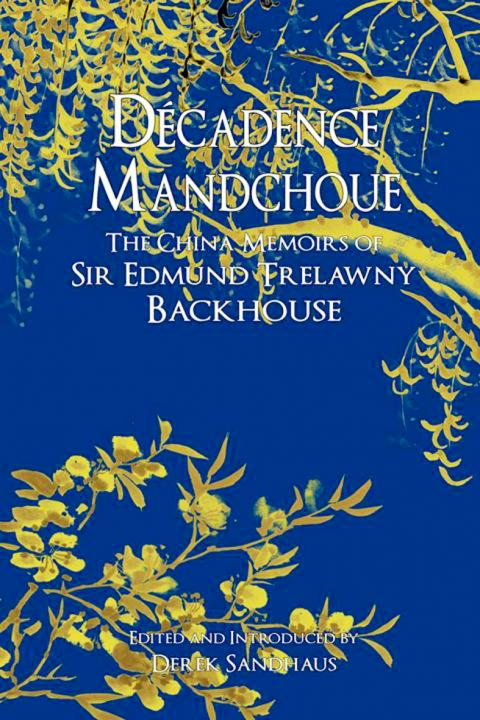
The First Bohemians is the second book by art historian Vic Gatrell to survey the riotous world of London’s 18th-century satiric cartoonists, following City of Laughter in 2007. It’s an account that manages to be both scurrilous and authoritative. Gatrell is an expert with the common touch, who gives special emphasis to the sexual exploits of the artists then living in London’s Covent Garden area.
The Last Train to Zona Verde is Paul Theroux’s dyspeptic account of an overland trip from Cape Town to Angola. He sees both sides of life in South Africa, is reasonably tolerant in Namibia, but finally blows his top when he reaches Angola. And as always, Theroux is best of all when he’s angry.
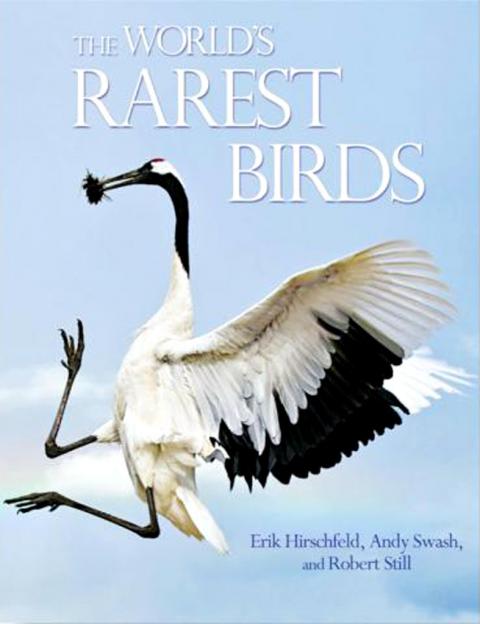
On Taiwan, The Third Son by Julie Wu (吳茗秀) is an excellent first novel that’s expertly constructed and lucidly written. Though mostly set in the US, its theme is the oppressiveness of the traditional Chinese family. “A wound that never healed. A promise never to be fulfilled. That was family.” But it’s an optimistic and buoyant book nonetheless.
Finally, Thunkbook 1 surfaced this year, as the incarnation of the former Taiwan-based English-language literary magazine Pressed. In August, I found that the best item it contained was by H.V. Chao, and I had announced an imminent first collection of his short stories. Unfortunately this arrangement fell through, so anyone in the book business wishing to publish real talent should contact him (he’s Edward Gauvin on LinkedIn) immediately.
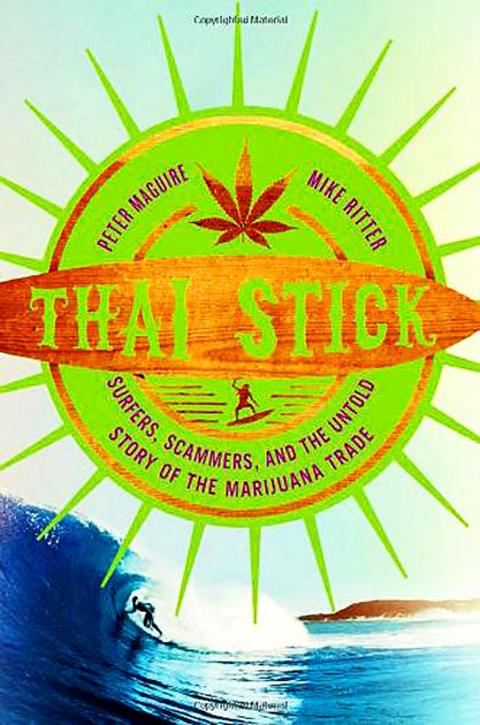
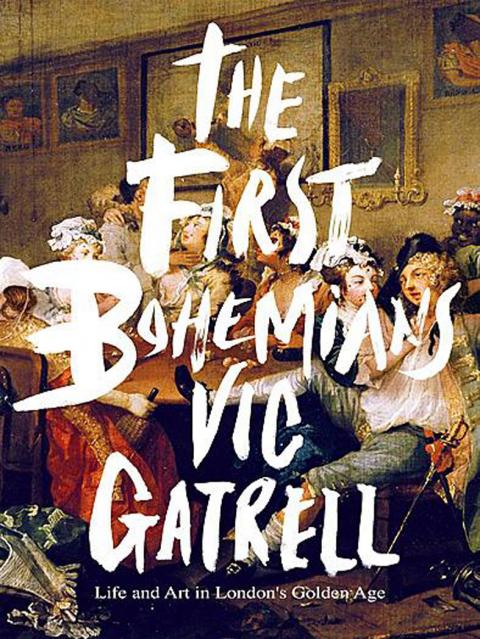
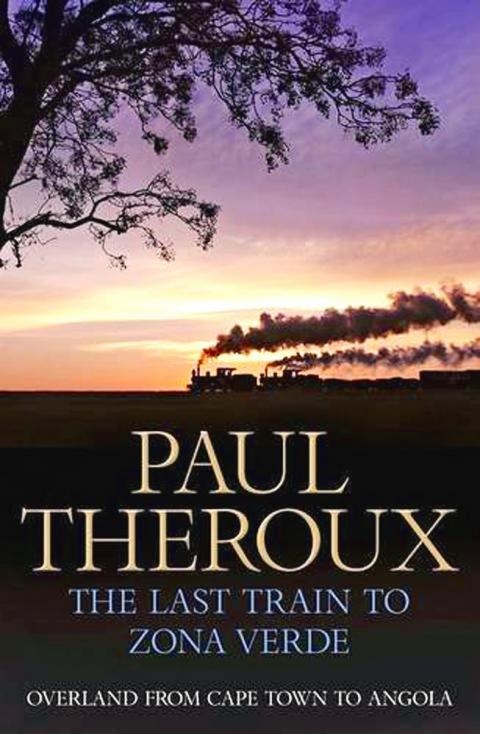
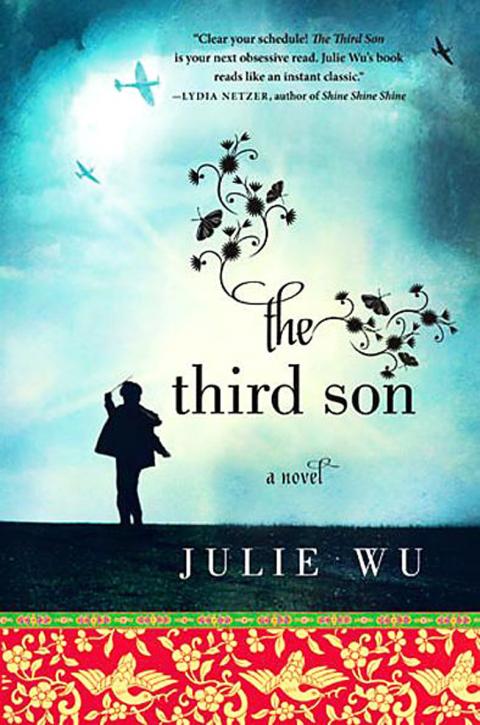
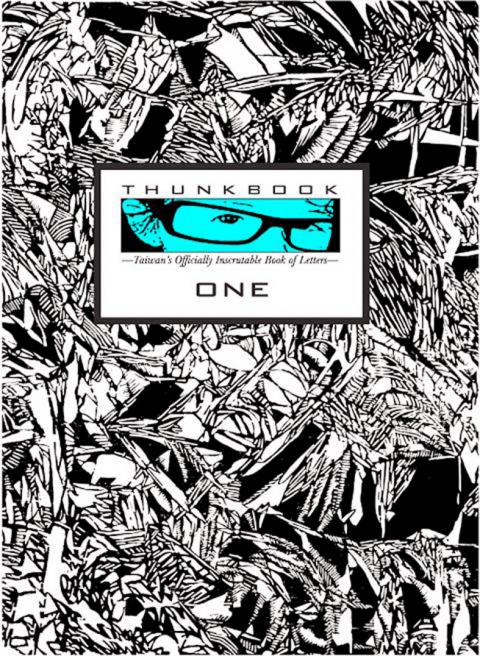

Oct. 21 to Oct. 27 Sanbanqiao Cemetery (三板橋) was once reserved for prominent Japanese residents of Taipei, including former governor-general Motojiro Akashi, who died in Japan in 1919 but requested to be buried in Taiwan. Akashi may have reconsidered his decision if he had known that by the 1980s, his grave had been overrun by the city’s largest illegal settlement, which contained more than 1,000 households and a bustling market with around 170 stalls. Fans of Taiwan New Cinema would recognize the slum, as it was featured in several of director Wan Jen’s (萬仁) films about Taipei’s disadvantaged, including The Sandwich

“Wish You Luck is not just a culinary experience, it’s a continuation of our cultural tradition,” says James Vuong (王豪豐), owner of the Daan District (大安) Hong Kong diner. On every corner of Kowloon, diners pack shoulder-to-shoulder over strong brews of Hong-Kong-style milk tea, chowing down on French Toast and Cantonese noodles. Hong Kong’s ubiquitous diner-style teahouses, known as chachaanteng (茶餐廳), have been a cultural staple of the city since the 1950s. “They play an essential role in the daily lives of Hongkongers,” says Vuong. Wish You Luck (祝您行運) offers that same vibrant melting pot of culture and cuisine. In

Much noise has been made lately on X (Twitter), where posters both famed and not have contended that Taiwan is stupid for eliminating nuclear power, which, the comments imply, is necessary to provide the nation with power in the event of a blockade. This widely circulated claim, typically made by nuclear power proponents, is rank nonsense. In 2021, Ian Easton, an expert on Taiwan’s defenses and the plans of the People’s Liberation Army (PLA) to break them, discussed the targeting of nuclear power plants in wartime (“Ian Easton On Taiwan: Are Taiwan’s nuclear plants safe from Beijing?”, April 12, 2021). The

Artificial intelligence could help reduce some of the most contentious culture war divisions through a mediation process, researchers say. Experts say a system that can create group statements that reflect majority and minority views is able to help people find common ground. Chris Summerfield, a co-author of the research from the University of Oxford, who worked at Google DeepMind at the time the study was conducted, said the AI tool could have multiple purposes. “What I would like to see it used for is to give political leaders ... a better sense of what people ... really think,” he said, noting surveys gave